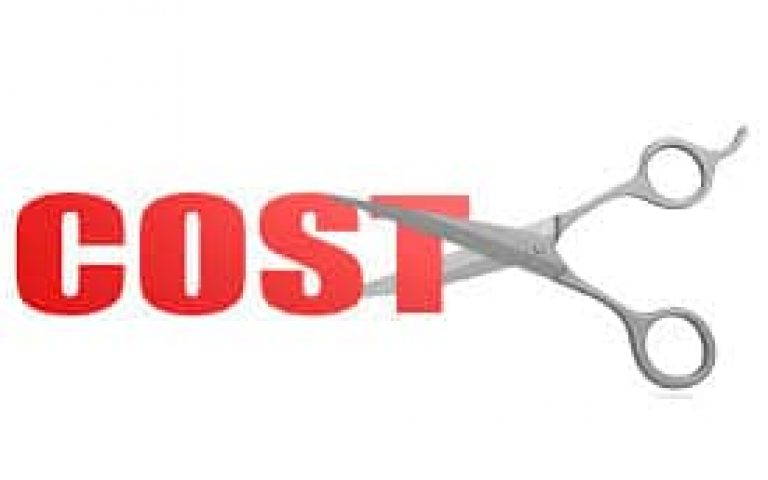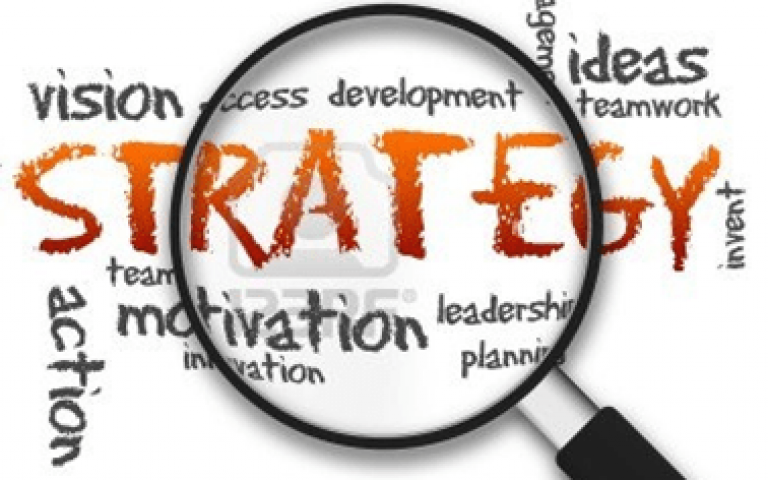It’s all too easy, especially when you’re running a small business, to focus largely on the day-to-day management of your company and not so much the long-term. Or worse, to purchase from quarter to quarter, or operate from campaign to campaign, without an overall, well formulated strategy. In the end, for the most part, you may not have a firm idea whether your day-to-day decisions, individual campaigns or isolated plans are actually driving your business forward with real momentum, let alone in the direction of the ultimate vision you have for your business. In order to confidently steer a company that is growing in a controlled, targeted and measured way, one that meets its KPIs (Key Performance Indicators) and delivers compound results, you need strategic planning.
Strategic planning is a tool. It is an activity that is used to set priorities, focus energy and resources, strengthen operations, define goals, establish intended outcomes/results, and assess and adjust the business’s direction in response to a changing environment. It is a disciplined effort that produces fundamental decisions and actions that shape and guide, among other things, what the business does, who it serves, and, importantly, how it will do it in the period covered by the Plan, while supporting a focus on the future. It lays out clear and concise initiatives. Effective strategic planning articulates not only where a business is going and the actions needed to get there, but also how it will know if it is successful. In short, Strategic Planning provides inputs for strategic thinking, which guides the actual strategy formation. The end result is the business’s plan of action for the coming period. In practice, this process should ideally take place no less than annually.
While individual approaches to strategic planning may differ, there are key aspects to it that remain the same. Here are five important aspects to successful strategic business planning:
Your business’s objectives
To start out, you need to be clear about your company mission: why does your business exist, and what do you want it to achieve?
Your business’s goals
What goals have you set for your business? These need be carefully designed to truly to be in line with your business’s mission. For example, what turnover or number of customers do you want to achieve, what kind and by when? For which services or products? From where? Etc.
A strategy for each goal
Once you have your goals nailed down, you need to outline a strategic plan for each. It’s also important to add planned checkpoints along the way to ensure your strategy is working, and to allow for any revisions needed.
An action plan
A strategy alone isn’t going to get you very far. In order to make progress towards it, you need to determine and break down the larger actions and goals into what steps to take to get there.
Monitoring the execution of your strategy
Once your Plan is in action, it’s important to keep a keen eye on it. Are you keeping to your tasks? Hitting your deadlines? Meeting your targets? … And, are your mission, goals and assumptions still valid?
By checking in on your strategy regularly, and measuring it against your business as a whole, you can ensure it remains relevant and successful. And if not, you’ll be able to make the necessary adjustments in a timely manner. Preparing a Strategic Plan every year (preferably at the end of every year, for the following year) should be a minimum requirement. Diligence here is a key to success!
***
TITAN Business Development Group, LLC
coaching | consulting | results!
























































































